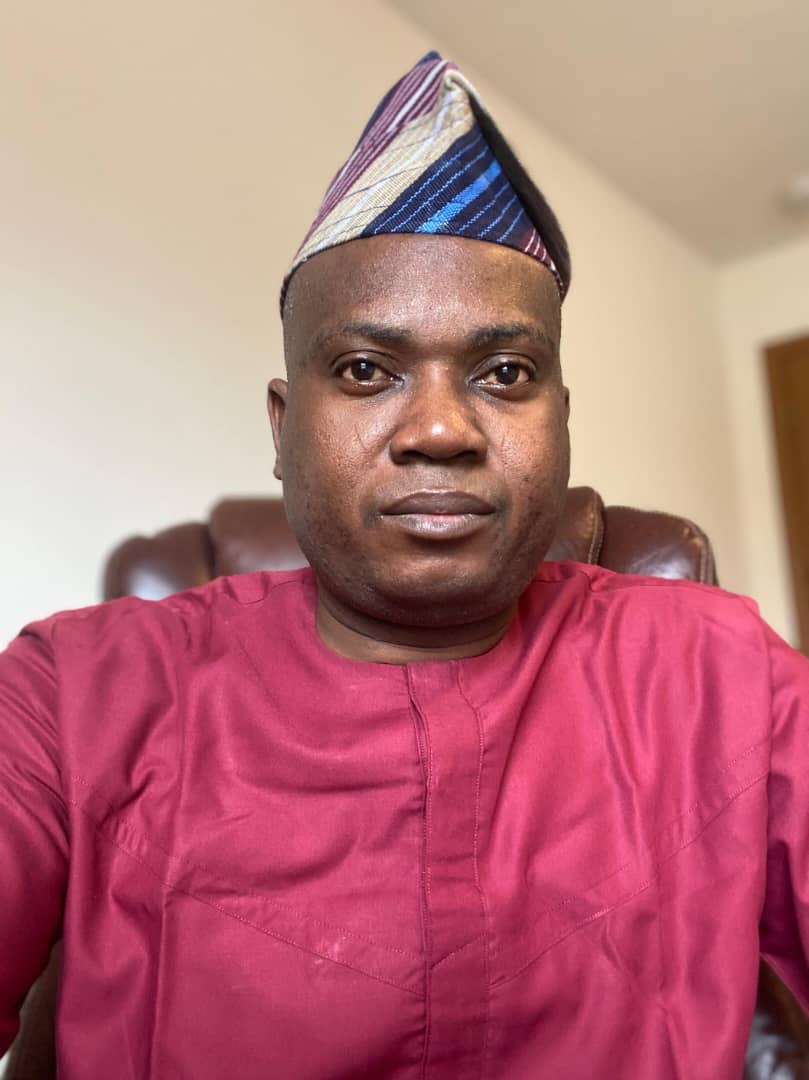A Nigerian-born scholar and Ross Fellow at Purdue University, Nafiu Olayiwola Oloore, is gaining global recognition for his pioneering work in Francophone Studies, translation, and cultural identity. His recent English translation of Ramonu Sanusi’s acclaimed novel Mama Tutu et Cris Nègres (Mama Tutu and Negro Screams) is being hailed as a major contribution to African and African American Studies, opening up a powerful narrative to new audiences worldwide.
The translation, praised by critics for its lyrical fidelity and cultural resonance, is already being used in academic institutions to study postcolonial identity, gender, and Africa’s shared histories with its diaspora. For Oloore, translation is more than an academic exercise—it is a form of cultural diplomacy.
“Language is not just words,” Oloore explained. “It is a vehicle that carries memory, identity, and the history of a people. Translation is about preserving that essence while making it accessible across cultures.”
Until his intervention, Sanusi’s work had remained largely confined to francophone readers. Oloore’s version, described as reading as though it were “born in English yet never loses its Francophone soul,” has ignited new discussions among scholars and general readers alike.
Oloore’s academic journey began at the University of Ibadan, where he studied European Studies and later earned a master’s degree in French Studies with distinction. At Purdue, his doctoral research spans literature, multilingualism, and the politics of cultural identity. He has won numerous awards, including the Early Bird Award from Purdue Nigerian Students (2025), the Above and Beyond Award from Purdue Graduate Student Government (2025), and competitive research grants that have supported his work at major international conferences.
Beyond academia, Oloore has over a decade of professional experience as a programme manager coordinating cross-border projects in West Africa. He also holds certifications in project management, cultural mediation, and language pedagogy, and is a member of leading scholarly associations, including the Modern Language Association and the African Literature Association.
Fluent in eight languages, Oloore views multilingualism as a responsibility rather than an accolade. “Every language you learn is another window into the human experience,” he said. “And every translation is a meeting point where worlds come together.”
Looking ahead, the scholar is working on projects in literary translation, African diaspora studies, and language pedagogy, with a mission to expand the global archive of African voices. “Without translation, we risk losing not just words, but entire worlds,” he reflected.
Purdue faculty members describe him as a rare scholar whose impact extends beyond academia. “His work strengthens cultural ties, promotes mutual understanding, and addresses pressing questions about identity and belonging in a multilingual world,” one said.
From Ibadan to West Lafayette, Oloore’s journey reflects his belief that translation is not about erasing differences but creating spaces where they can be understood.






